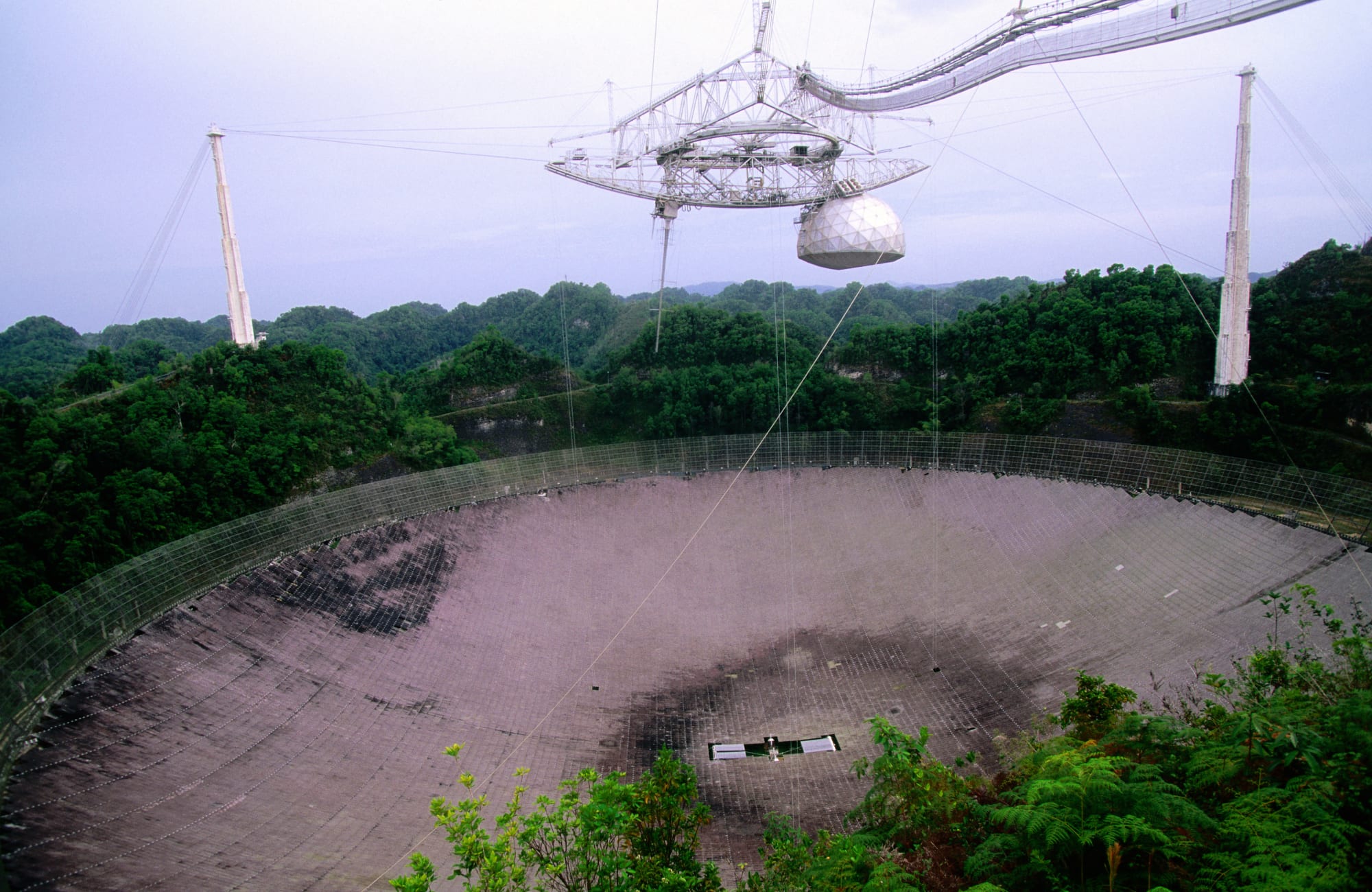
Astronomy just lost one of its vanguards, as Sir Bernard Lovell has died at 98. The UK-born scientist was best known as a cornerstone of radio telescope development. While he wasn't the first to leap into the field, he established the University of Manchester's Jodrell Bank Observatory to study cosmic rays in 1945 and organized the construction of what would ultimately be called the Lovell Telescope -- a radio telescope so large and useful that it's still the third-largest steerable example in the world, 55 years after it was first put into action. His work helped track some of the earliest spacecraft and was instrumental in confirming the first discovered pulsars and quasars. On top of his most conspicuous achievements, Sir Lovell played an important role in developing airborne radar during World War II and was lauded for having scientific curiosity long after he hung up his Jodrell director's hat in 1980. Science will be poorer without him.
[Image credit: NASA; thanks, Darren]
Filed under: Science
Radio astronomy pioneer Sir Bernard Lovell dies at 98 originally appeared on Engadget on Tue, 07 Aug 2012 14:43:00 EDT. Please see our terms for use of feeds.
Permalink |
 BBC
BBC |
Email this |
Comments
 NASA has ensured the Arecibo Observatory in Puerto Rico can continue its search for near Earth objects (NEOs) that pose a threat to the planet with a $19 million grant. The fund was awarded to the University of Central Florida, which operates the obs...
NASA has ensured the Arecibo Observatory in Puerto Rico can continue its search for near Earth objects (NEOs) that pose a threat to the planet with a $19 million grant. The fund was awarded to the University of Central Florida, which operates the obs...
 NASA has ensured the Arecibo Observatory in Puerto Rico can continue its search for near Earth objects (NEOs) that pose a threat to the planet with a $19 million grant. The fund was awarded to the University of Central Florida, which operates the obs...
NASA has ensured the Arecibo Observatory in Puerto Rico can continue its search for near Earth objects (NEOs) that pose a threat to the planet with a $19 million grant. The fund was awarded to the University of Central Florida, which operates the obs...









